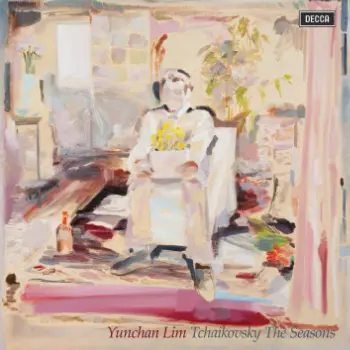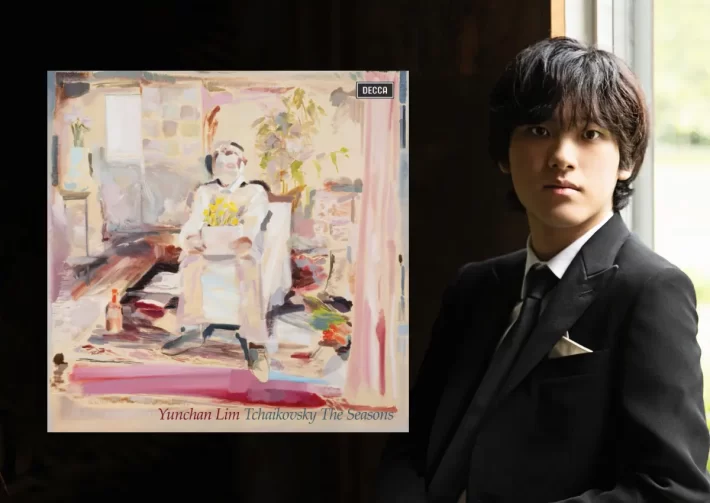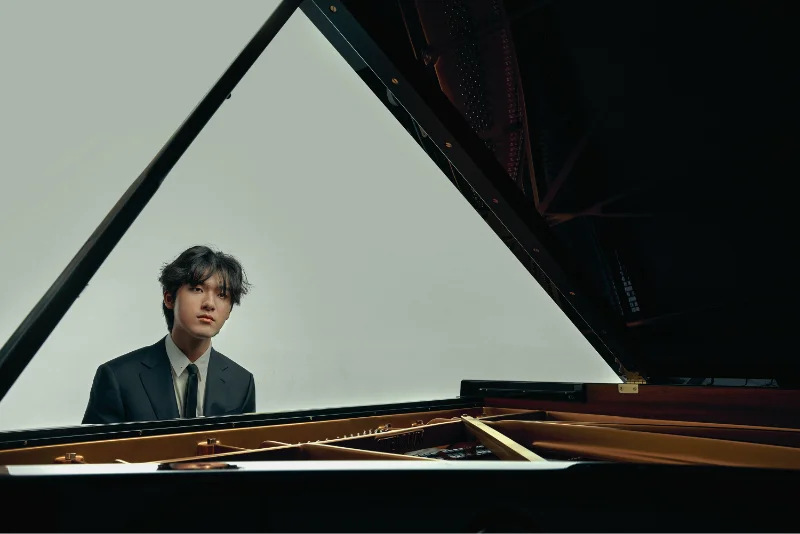These twelve vignettes are a real challenge in musicianship: how effectively can a performer convey feelings like comfort, melancholy, contemplation, and charm in such relatively short pieces, while still managing to bring something new to the table?

Yunchan Lim, from the outset, introduces fresh perspectives. What stands out in January: By the Fireside (track 1) is how he treats the texturing as more than a simple melody-accompaniment piano playing. Listening closely, there is much going on in the middle voices, and Lim highlights passages in a way that creates dialogue with the main melody. For all the careful manipulation of these voices, nothing feels measured or contrived; there remains an underlying sense of childlike innocence.
Lim wastes no time in capturing the vitality of February: Carnaval (track 2), with biting staccatos and sharp articulation not as present in Bruce Liu’s account, which I reviewed in these pages last year. While both readings are strong, Lim’s has a slight urgency that emphasizes his impeccable finger work.
The same edgy quality comes through in March: Song of the Lark (track 3). While Lim maintains the legato of the accompanimental figures, parts of the melody have a crispness that not only adds dimension to the overall melancholy but also evokes a realistic image of birdsong. Liu, by contrast, emphasizes lyrical and emphatic qualities in the bird’s voice.
Several of the quieter movements lean toward a dark, somber mood, but May: White Nights (track 5) is an exception. Here Tchaikovsky imagines the calm of a summer evening through subtle shifts in tonality. Lim brings out these colors with nuance and tenderness; his gossamer tone conveys both peace and fragility.
June: Barcarolle (track 6), perhaps the most famous of the set, is shaped with surprising openness. Part of this comes from rhythmic freedom; the rubato does feel a tad overdone, but gives off an organic ebb and flow nonetheless. Some of Lim’s fortes are unexpectedly forceful, yet they serve a clear purpose: to set up contrasts and echoes more effectively. The stark juxtaposition of loud and soft makes the quieter moments all the more gripping.
Tchaikovsky also gives moments of extroversion, as in August: The Harvest (track 8). Lim’s crystalline tone portrays an energetic image of people scurrying back and forth, conveying anticipatory energy rather than unease. Another outward-looking movement, September: The Hunt (track 9), with its martial character, could benefit from a little more uninhibited pomp.
Unfortunately, Decca does not include a booklet with the digital version of this release, only with the physical one. Reading Lim’s own reflections on the set would have been welcome. Even so, the performances speak for themselves. The narrative and imaginative spirit are alive throughout, in a recording I will no doubt return to often.
Top image: ©️ Lisa-Marie Mazzucco.

Album Details |
|
|---|---|
| Album name | Tchaikovsky: The Seasons |
| Label | Decca |
| Catalogue No. | 4871021 |
| Artists | Yunchan Lim, piano |




















